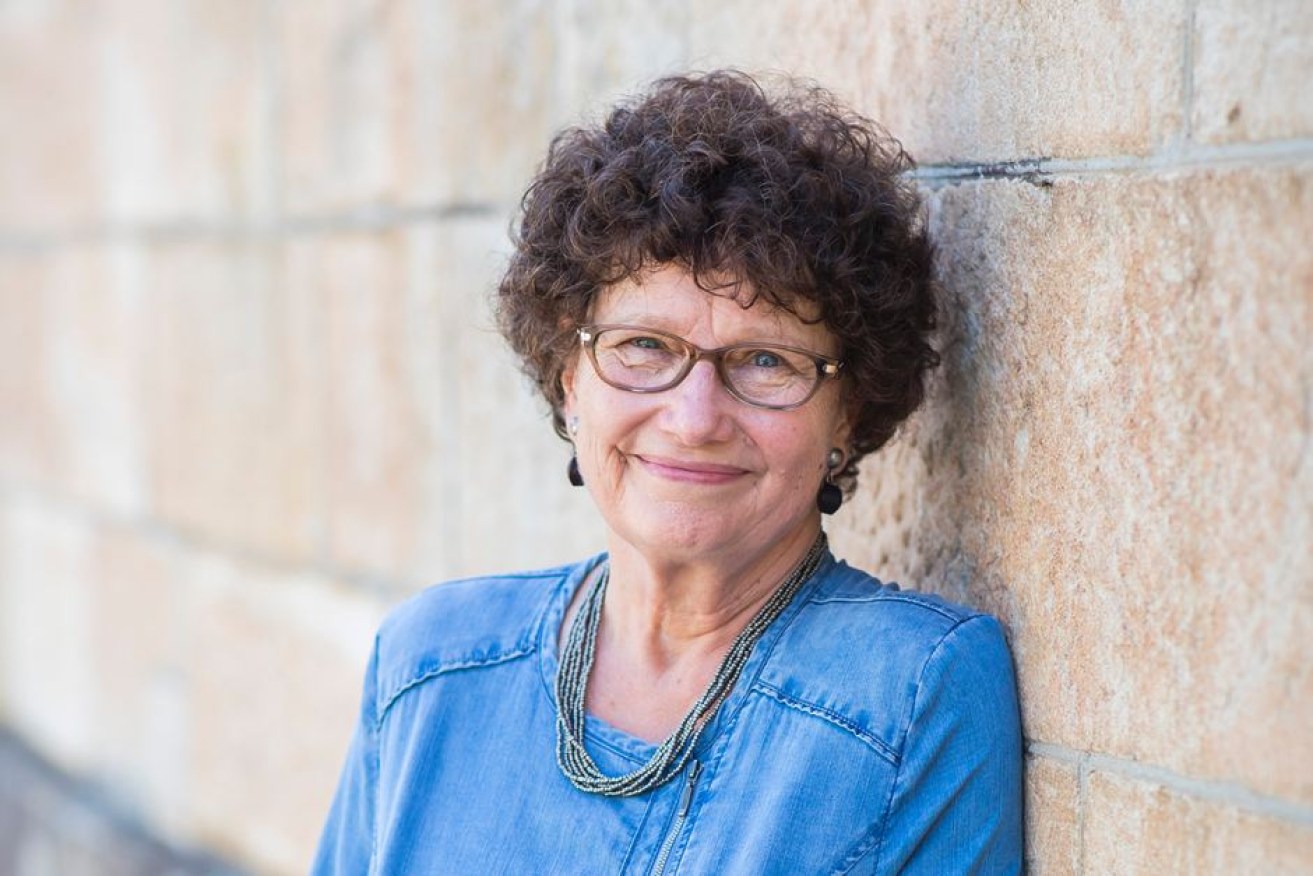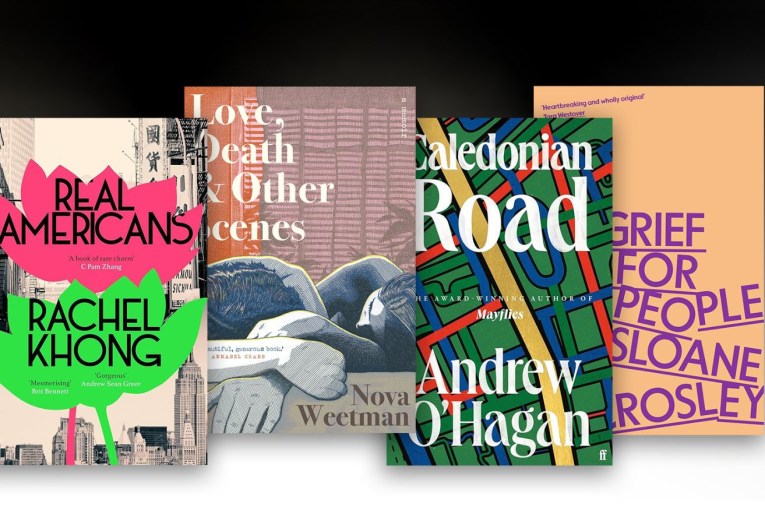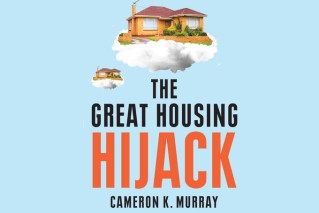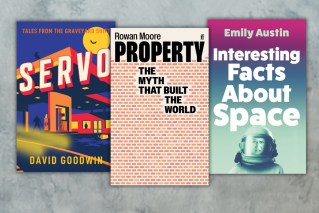Stella Prize won by first-time author Vicki Laveau-Harvie for her memoir of family dysfunction, The Erratics

Vicki Laveau-Harvie is a Canadian-born, Sydney-based author. Photo: ABC Arts
First-time author Vicki Laveau-Harvie has won the $50,000 Stella Prize for writing by Australian women, announced at a Melbourne ceremony on Tuesday night.
The Erratics (Fourth Estate), Laveau-Harvie’s memoir of family dysfunction, follows the author as she returns to Alberta, Canada, from Australia to care for her previously estranged parents, after her 94-year-old mother breaks her hip.
There she reconnects with her sister as they support their mother (dubbed MMA: Mad as a Meat Axe) through her rehabilitation and subsequent psychiatric diagnosis, and their father through his own recovery – “from her regimen of starvation and brainwashing”.
Laveau-Harvie, in her mid-70s, moved from Canada via France (where she lived for 25 years) to Sydney’s North Shore in the late 1980s, subsequently gaining her Australian citizenship and working as an academic and translator.

The Erratics won the Finch Memoir Prize in 2018. Photo: Fourth Estate
While she has written “for many decades”, The Erratics is her first published book and she admits to being “in a state of suspended disbelief” about the win.
“I’m still amazed that there are actually people who don’t personally know me, who buy the book. That stuns me,” she says.
Non-fiction in the ascendant
The Erratics won the Stella Prize against shortlisted novels Little Gods by Jenny Ackland, The Bridge by Enza Gandolfo, Pink Mountain on Locust Island by Jamie Marina Lau and Too Much Lip by Melissa Lucashenko, and the experimental essay collection Axiomatic by Maria Tumarkin.
Laveau-Harvie’s memoir is the second non-fiction book in a row to win the prize, after Alexis Wright’s ‘collective memoir’ Tracker won in 2018.
“I think people are trying to hang on to something that’s real,” says Laveau-Harvie.
“We live in political times where knowing what’s real is very difficult, when you’re just told something is true and expected to believe it. It may account for the way people are reading.”
Spinning poetry and comedy from family dysfunction
The Erratics is named for a series of monumental boulders (erratics) that were, over a period of thousands of years, deposited in a strip down through the Canadian prairies by a slow-moving glacier.
One such boulder was dropped just outside what is now Okotoks, the town were Laveau-Harvie spent her childhood years.
“I had a very peculiar family of origin,” says Laveau-Harvie; she describes her mother as “charismatic” and a “fabulist”, and suggests that she systematically starved and brainwashed her husband.
During the six-year period covered by the memoir, Laveau-Harvie’s mother is “finally” assessed, and is diagnosed with narcissistic personality disorder (and subsequently sectioned).
Interspersed between reflections on her often traumatic upbringing, Laveau-Harvie lets her lyrical prose run wild with majestic descriptions of the Albertan countryside, “a landscape of uncommon beauty”.
The result is an unusual mix of grand poetry and plain-talking realism that is often very funny.
Laveau-Harvie is matter of fact about the family dysfunction that inspired her book.
“I don’t believe I am particularly special in that; I think many, many people have interesting childhood stories to tell. And sometimes traumatic ones.”
A long road to recognition
The Erratics was originally published in 2018 by small press Finch Publishing, after the manuscript won the Finch Memoir Prize.
Finch subsequently closed its doors, and the book has since been republished by Fourth Estate, an imprint of HarperCollins.
But the manuscript almost didn’t make it out of its author’s hands.
“Quite frankly, it was a win to put it in the mailbox, because I tend not to,” says Laveau-Harvie.
Despite decades of writing, she confesses, “I haven’t been diligent in putting anything out there – I tend not to do that at all.”
Reflecting on that reticence, she says: “When I came through university I was studying dead white males basically … and I just don’t think I saw [a career in writing] as a possibility.”
She submitted The Erratics to Finch only after being encouraged by a colleague at the Varuna writers retreat in the Blue Mountains.
“And then everything that’s happened afterwards … I never would have dreamt that it [my book] would be where it is now.”
Having waited so long for her breakthrough moment, Laveau-Harvie is glad the Stella Prize is shining a light on the work of an older Australian writer.
“I think it is important because when you get a bit older … you do become fairly transparent,” she says.
“You are rather discounted in daily life. People seem to feel the biggest compliment they can pay you is to tell you you do not look your age – and I don’t find that encouraging at all.”
“I think I’ve earned every wrinkle I’ve got, and I’m not unhappy about it.”
–ABC








